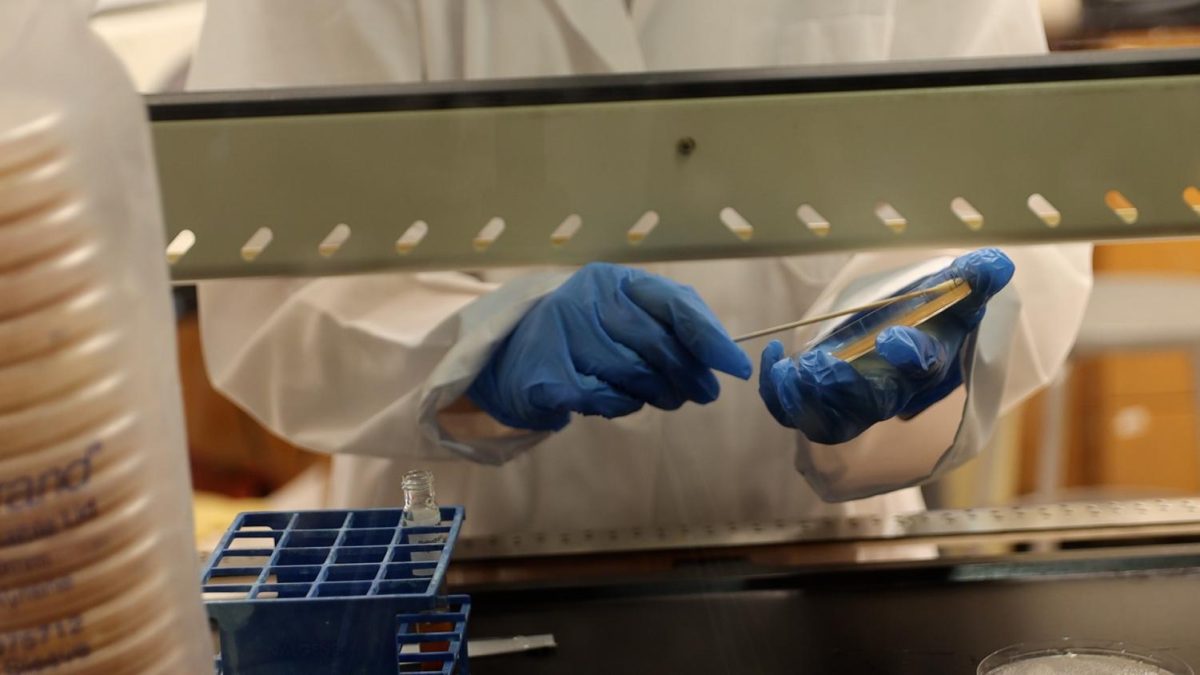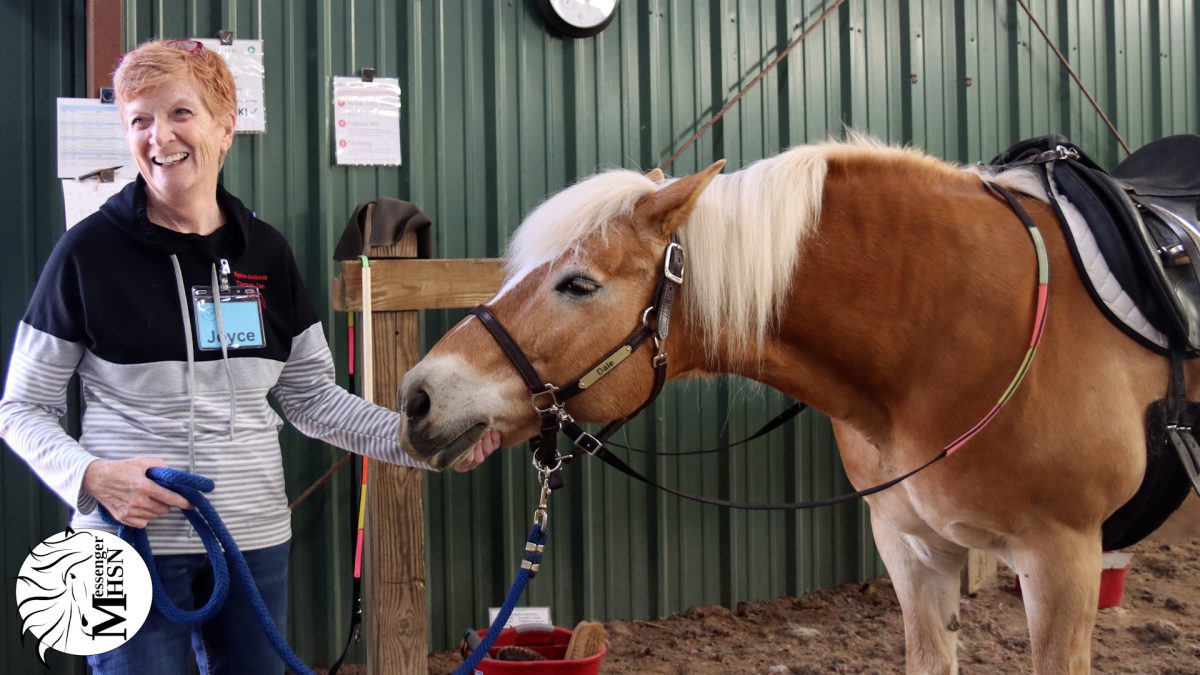He put ketchup on his burger.
He did it slowly and carefully, stopping every few seconds to ensure that the lines were straight. I watch him out of curiosity along with the rest of the lunch table, his focus and commitment contiguous.
“Oh my god, You’re so focused. Do you have OCD or something?” someone at the table quipped.
The fork digging into my ravioli wavered. Low chuckles surrounded me, but my heart dropped and my throat became dry. I closed my eyes and told myself to move on.
They didn’t mean harm.
The desire to complete daily tasks to their most satisfactory form is defined as perfectionism. Having the compulsion to repeat an action, in multiple areas of one’s daily life is diagnosed as Obsessive Compulsive Personality Disorder (OCPD) – the need for extreme perfectionism in everyday actions and the compulsion for control and structure. However, Obsessive Compulsive Disorder (OCD) is the compulsion to do the same action repeatedly, solely focusing on one aspect in one’s life.
Notice how it does not fit the labels of the definitions it is commonly correlated to.
The factor distinguishing OCD is people’s daily lives are disrupted by only a specific behavior or aspect, thoughts that interrupt their cognition about a single part of themselves. It is not a personality disorder, like OCPD, nor is it wanting to re-do an action but an eternal cycle of repetitive need.
Unfortunately, it has become a ‘fancy’ adjective people casually add to everyday conversations without understanding the implications it carries. Having perfect handwriting is not OCD. Dressing neatly is not OCD. Double-checking your homework is not OCD, and it is ignorant and exploitative to call it so and create a false label.
OCD to me is the feeling of breathlessness and confusion. It is something I faced because I could not move on in my day without doing a specific action perfectly, a force that I fought within myself.
Dealing with these conditions meant that I second guessed every thought I had, no longer trusting myself. Not because I continuously strive for perfection – my handwriting is illegible – but because my mind felt like it was being infiltrated and I could not distinguish my voluntary and involuntary reasoning.
The label of perfectionism being continuously correlated to OCD feels like my experiences are invalid and unworthy, making my struggles parallel to wanting a neat lifestyle.
I am not implying perfectionism doesn’t lead to harm or it is not something causing struggle in daily lives but it is not a synonym for OCD. If a person who struggles with obsessions, simply dismisses it as perfectionism, they may never gain the help or treatment they need.
This overgeneralization of mental health issues is broader than just the daily applications of perfectionism and OCD. Depression is not just sadness, anxiety is not just panic. It is the continuation of these factors and the disruption it creates in one’s daily life that defines it as a disorder.
We have a right to talk about the mental disorders that interrupt our daily life. Everyone should have space to speak comfortably about emotional struggles that they have but a mental disorder is not a label, not a description that is thrown around, an extreme condition mocked by daily situations.
Don’t underestimate the struggle you or someone else may be going through merely because the label of disorders is now characterized as common. We live in a time where mental health awareness circulates through social media, therefore it is our responsibility to be aware of what these illnesses are and how they can be applied.
It is not funny to hear someone characterize an action as OCD for humorous purposes, just like saying “I’m going to kill myself” with sarcasm doesn’t remove from its ignorance and harmful consequences to bystanders.
Mental disorders do not exist for you to brush off, nor is it an extreme label for out-of-context behaviors. My OCD is not something that makes me a perfectionist. It is emotional dissonance and your lack of acknowledgement is negatively redefining the meaning behind its diagnosis.
Follow Aliza (@aliza_abidi) and @CHSCampusNews on X.
This story was originally published on Coppell Student Media on November 6, 2023.





![With the AISD rank and GPA discrepancies, some students had significant changes to their stats. College and career counselor Camille Nix worked with students to appeal their college decisions if they got rejected from schools depending on their previous stats before getting updated. Students worked with Nix to update schools on their new stats in order to fully get their appropriate decisions. “Those who already were accepted [won’t be affected], but it could factor in if a student appeals their initial decision,” Principal Andy Baxa said.](https://bestofsno.com/wp-content/uploads/2024/05/53674616658_18d367e00f_o-1200x676.jpg)






![Junior Mia Milicevic practices her forehand at tennis practice with the WJ girls tennis team. “Sometimes I don’t like [tennis] because you’re alone but most of the time, I do like it for that reason because it really is just you out there. I do experience being part of a team at WJ but in tournaments and when I’m playing outside of school, I like that rush when I win a point because I did it all by myself, Milicevic said. (Courtesy Mia Milicevic)](https://bestofsno.com/wp-content/uploads/2024/06/c54807e1-6ab6-4b0b-9c65-bfa256bc7587.jpg)








![The Jaguar student section sits down while the girls basketball team plays in the Great Eight game at the Denver Coliseum against Valor Christian High School Feb. 29. Many students who participated in the boys basketball student section prior to the girls basketball game left before half-time. I think it [the student section] plays a huge role because we actually had a decent crowd at a ranch game. I think that was the only time we had like a student section. And the energy was just awesome, varsity pointing and shooting guard Brooke Harding ‘25 said. I dont expect much from them [the Golden Boys] at all. But the fact that they left at the Elite Eight game when they were already there is honestly mind blowing to me.](https://bestofsno.com/wp-content/uploads/2024/05/IMG_7517-e1716250578550-900x1200.jpeg)
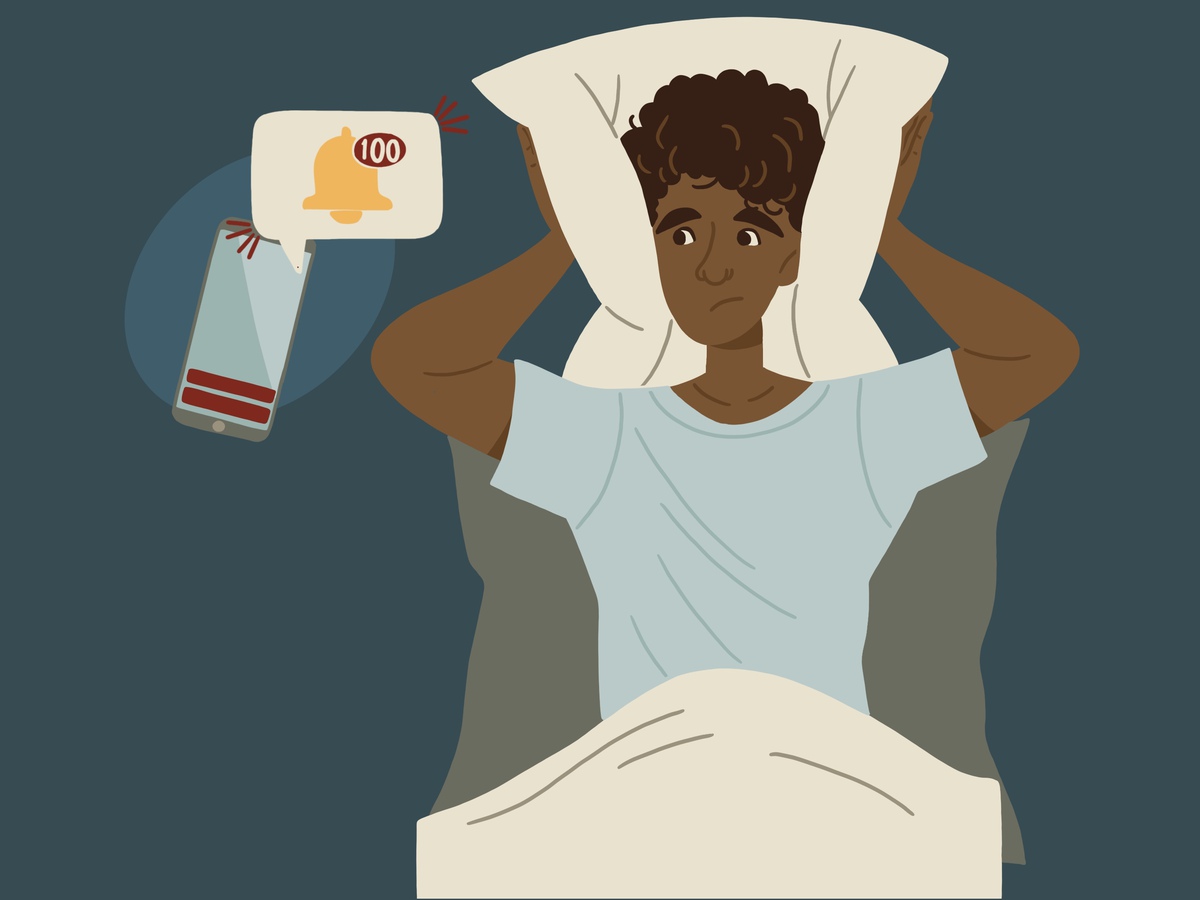
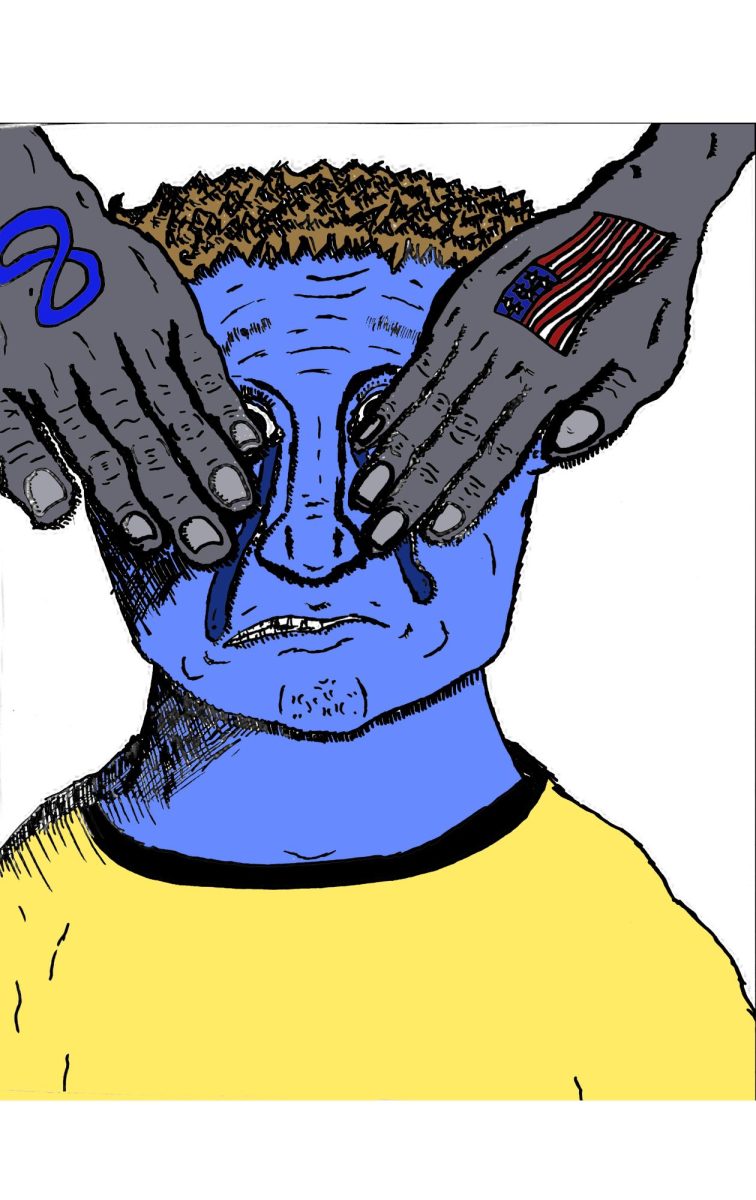
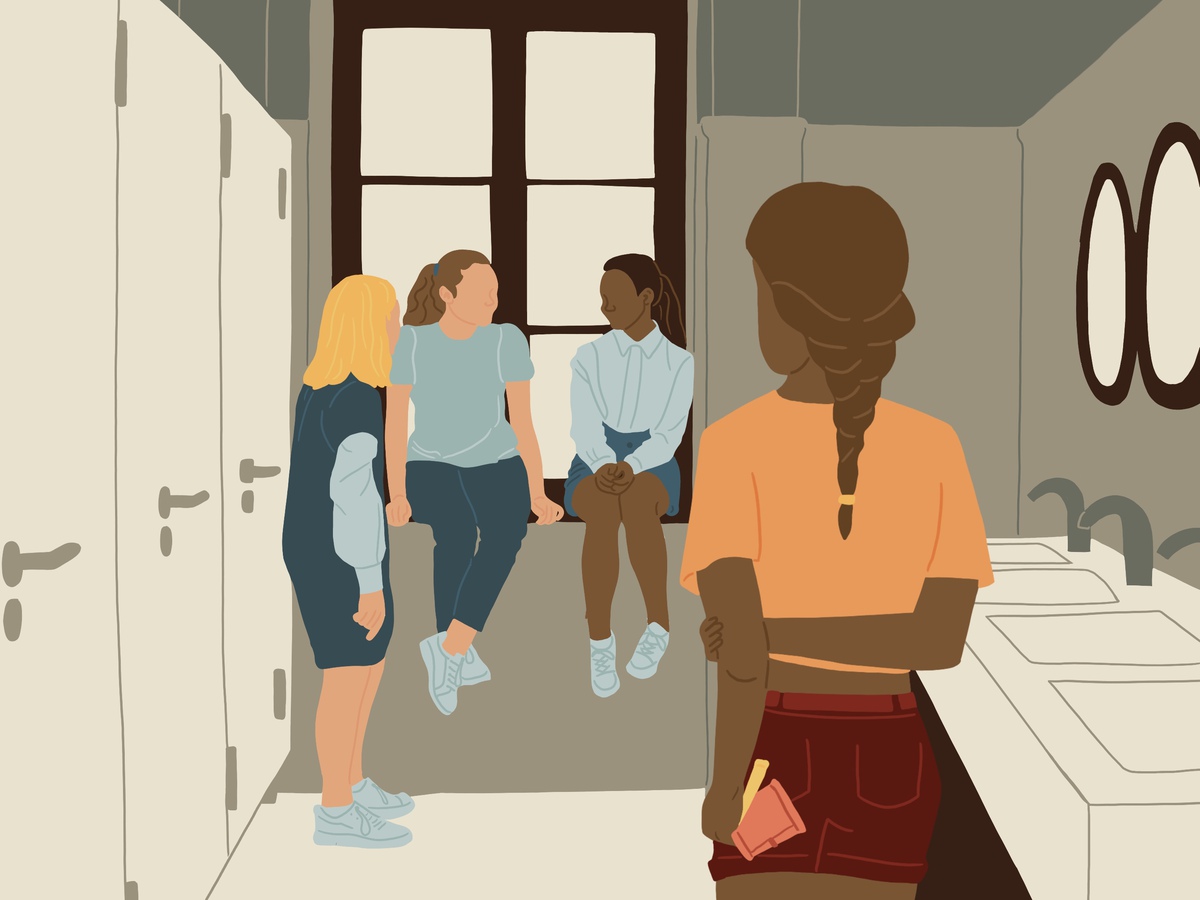


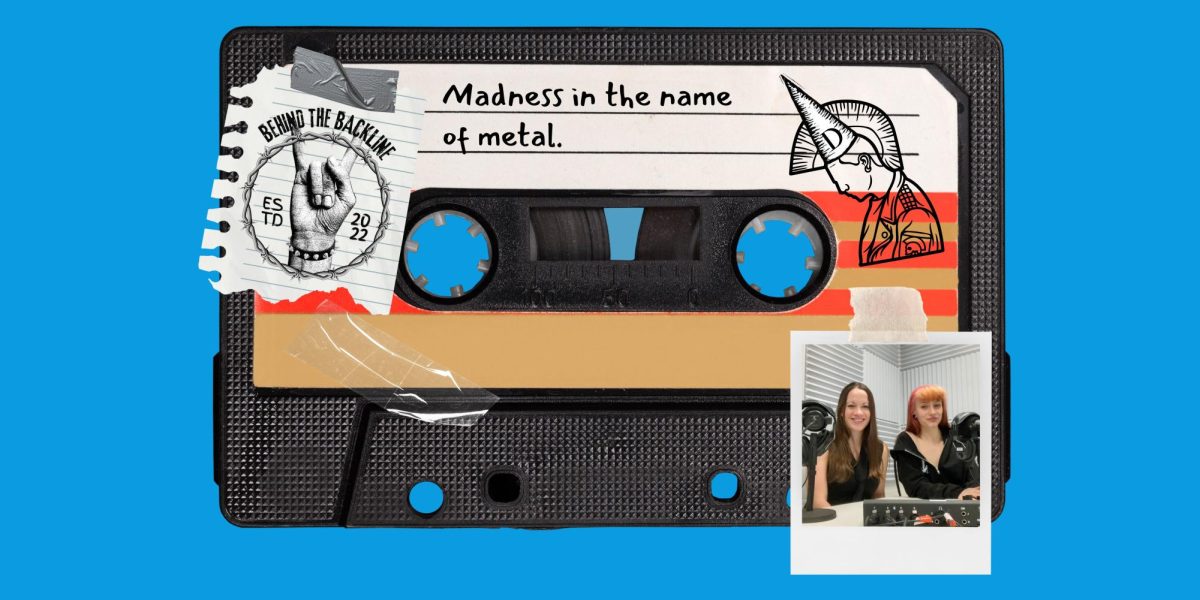



![BACKGROUND IN THE BUSINESS: Dressed by junior designer Kaitlyn Gerrie, senior Chamila Muñoz took to the “Dreamland” runway this past weekend. While it was her first time participating in the McCallum fashion show, Muñoz isn’t new to the modeling world.
I modeled here and there when I was a lot younger, maybe five or six [years old] for some jewelry brands and small businesses, but not much in recent years,” Muñoz said.
Muñoz had hoped to participate in last year’s show but couldn’t due to scheduling conflicts. For her senior year, though, she couldn’t let the opportunity pass her by.
“It’s [modeling] something I haven’t done in a while so I was excited to step out of my comfort zone in a way,” Muñoz said. “I always love trying new things and being able to show off designs of my schoolmates is such an honor.”
The preparation process for the show was hectic, leaving the final reveal of Gerrie’s design until days before the show, but the moment Muñoz tried on the outfit, all the stress for both designer and model melted away.
“I didn’t get to try on my outfit until the day before, but the look on Kaitlyn’s face when she saw what she had worked so hard to make actually on a model was just so special,” Muñoz said. “I know it meant so much to her. But then she handed me a blindfold and told me I’d be walking with it on, so that was pretty wild.”
Caption by Francie Wilhelm.](https://bestofsno.com/wp-content/uploads/2024/05/53535098892_130167352f_o-1200x800.jpg)



